Is your favorite feline friend not quite acting like themselves lately? Have you noticed subtle changes in their behavior or habits that seem slightly "off"? Your cat may be trying to tell you they're in pain or discomfort.
Cats are masters at hiding illness and injury. Unlike any other pet, cats have evolved to mask symptoms of weakness or pain to avoid appearing vulnerable.
This survival skill means our kitties often suffer silently. As cat parents, we must stay alert to the subtle clues that something may be wrong.
Changes in your cat's everyday behaviors, actions, movements, and routines can speak volumes about their health and well-being. By tuning into these subtle shifts early, you can quickly get your kitty the care they need.
To help you understand common indicators that your cat may be hurting, here are 11 gentle signs to look for and why they matter:
1. Behavioral Changes
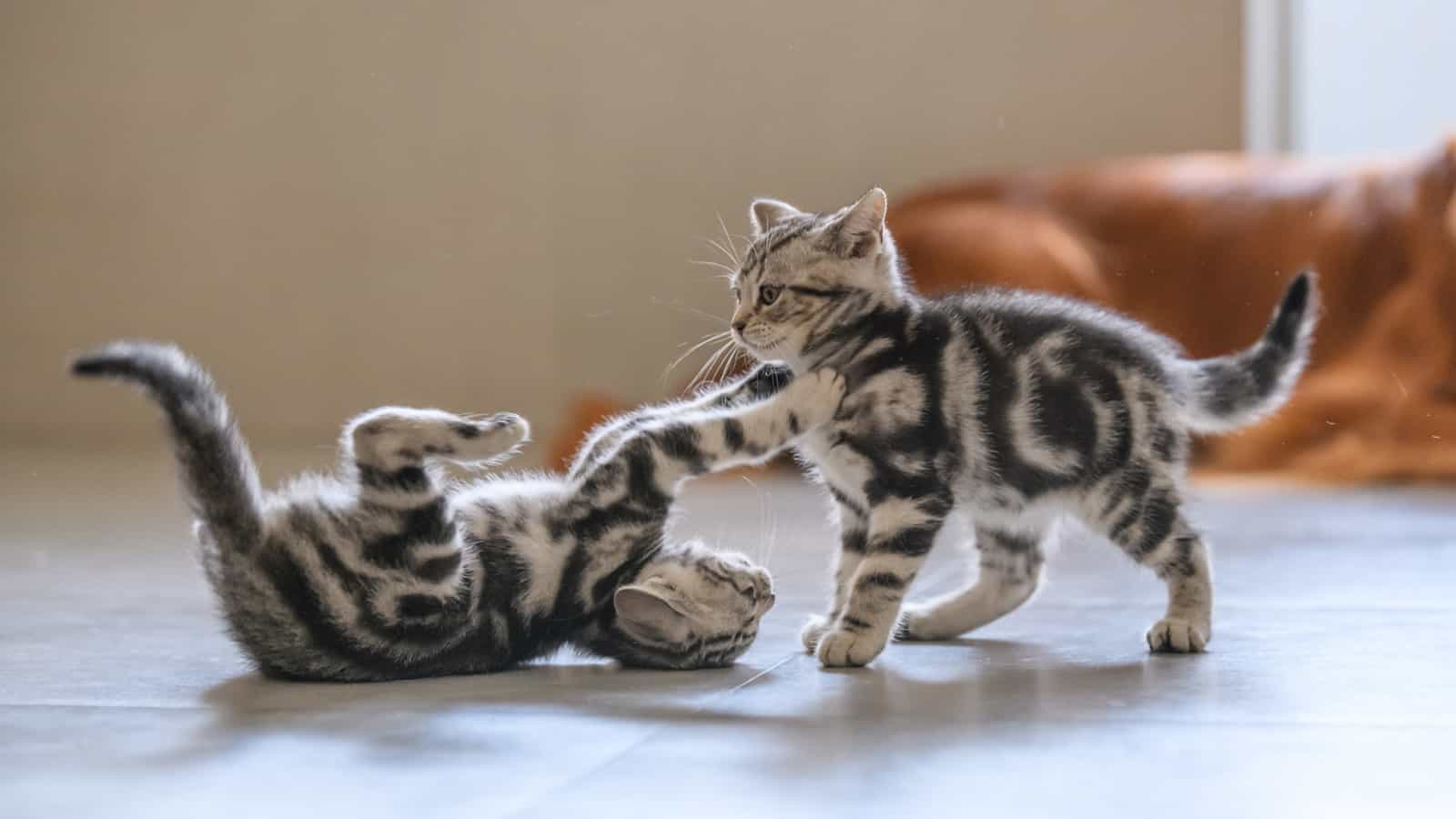
Cats are creatures of habit. If your cat starts acting differently in any way, this could be a sign of discomfort or illness.
Behavioral changes in cats often come from pain or fear. Cats are good at hiding their pain, so these shifts might be less obvious than you'd think. Watch for slight changes in their behavior, like unusual posture or facial expressions.
If your kitty hasn't been spayed or neutered yet, this could also affect your furbaby's condition. Read our article about it here: How Spaying and Neutering Improve Your Cat’s Life
Stressful environments can also alter a cat’s behavior. Consider both physical health and environmental factors when noticing your furbaby's changes.
2. Altered Grooming Habits
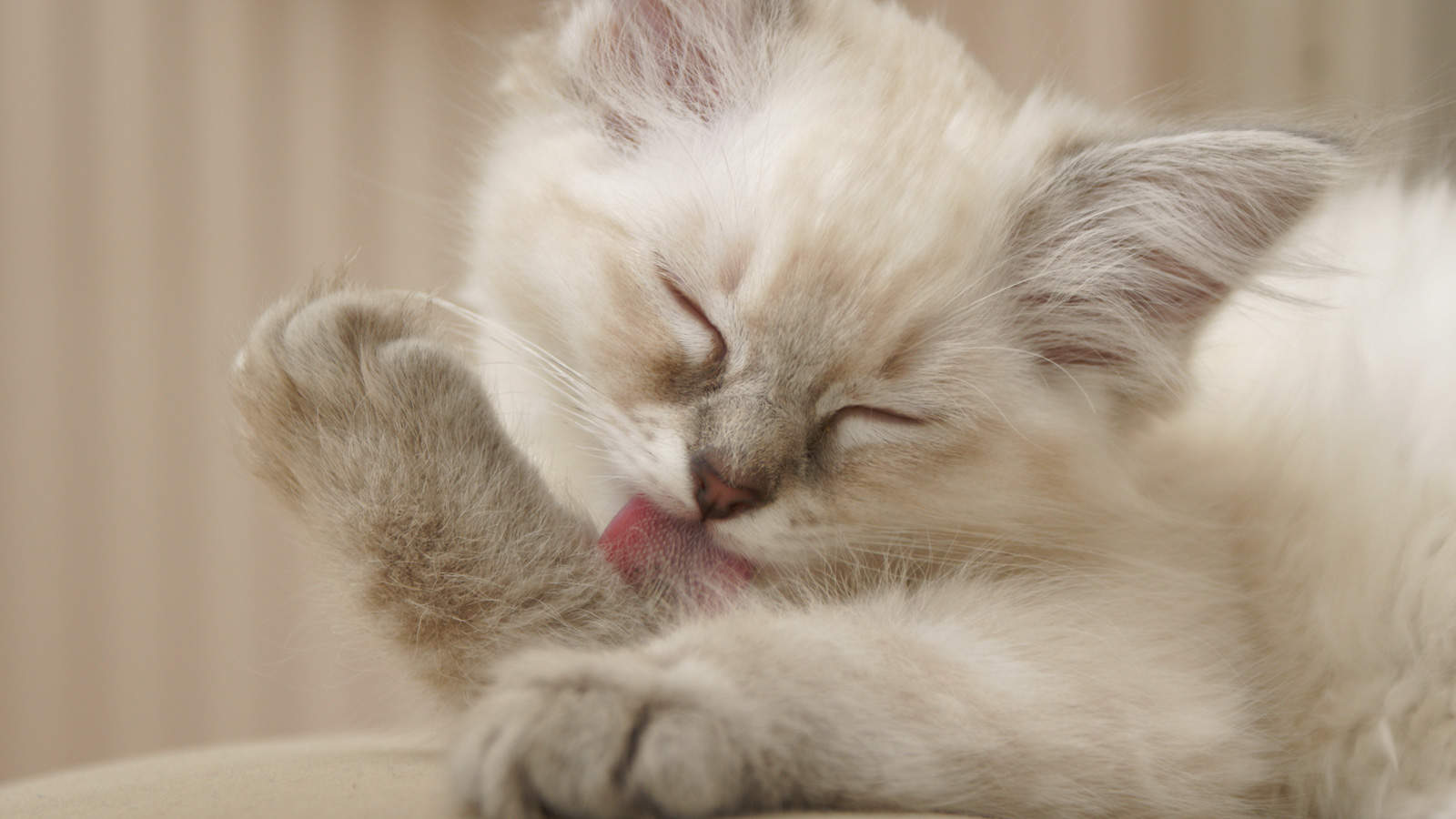
If your kitty starts grooming too much or not enough, it's not just a quirky habit. Overdoing it could mean they're stressed, have allergies, or skin issues.
And yep, cats with bladder problems might focus a lot on cleaning their lower belly. If your cat isn't grooming as usual, they could feel sick or depressed.
3. Litter Box Issues
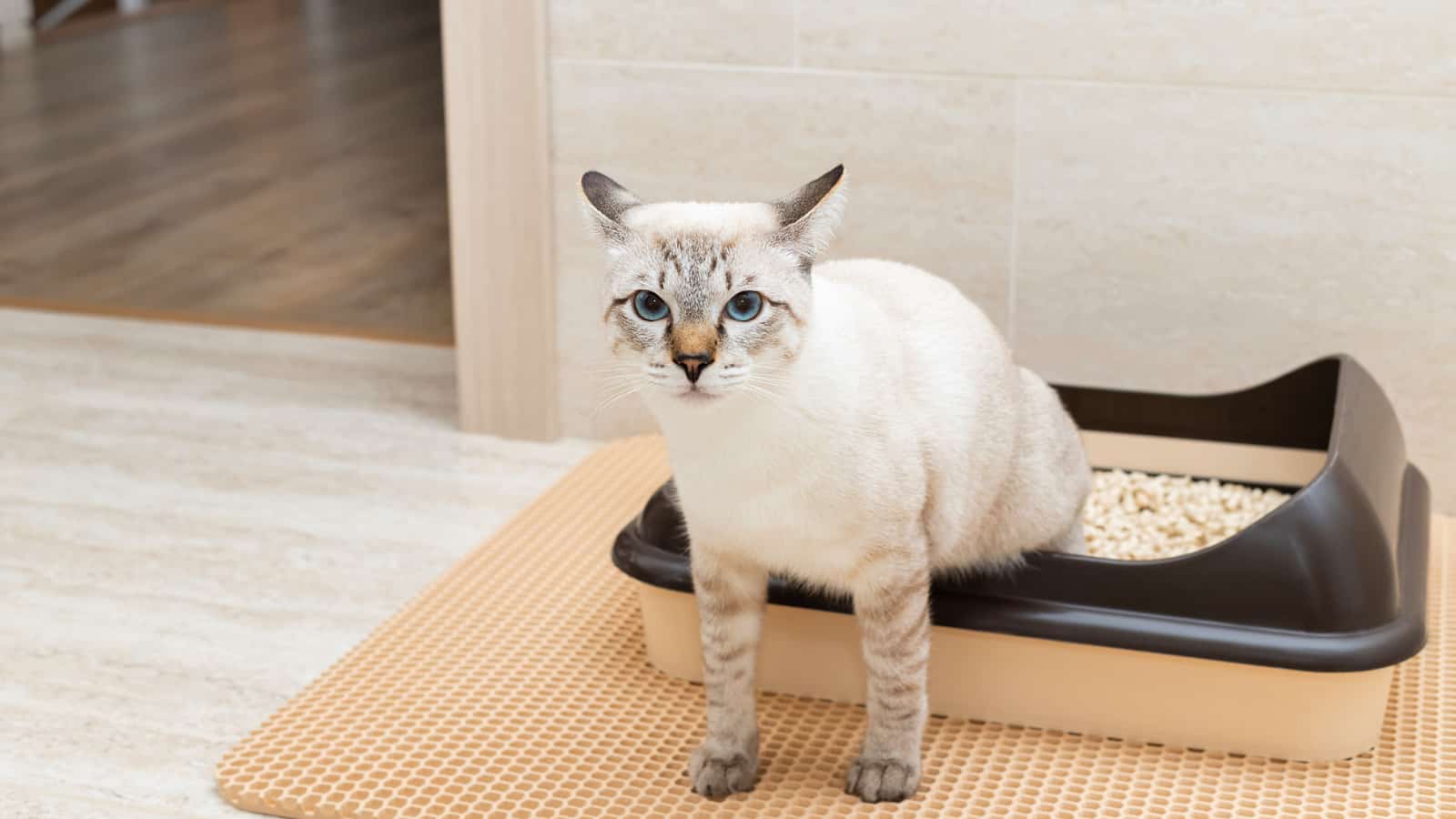
When your cat starts missing the litter box, it's not just being naughty. It could hurt to go, signaling bladder or kidney problems. Or, it could be stress or not liking some changes at home.
You'll want to check with the vet first because cat bladder issues are common and need quick attention.
If you want to learn more about how stress or fear affects your kitty's potty time, read: Study Shows Scaredy Cats More Likely To Avoid The Litter Box
4. Appetite Changes
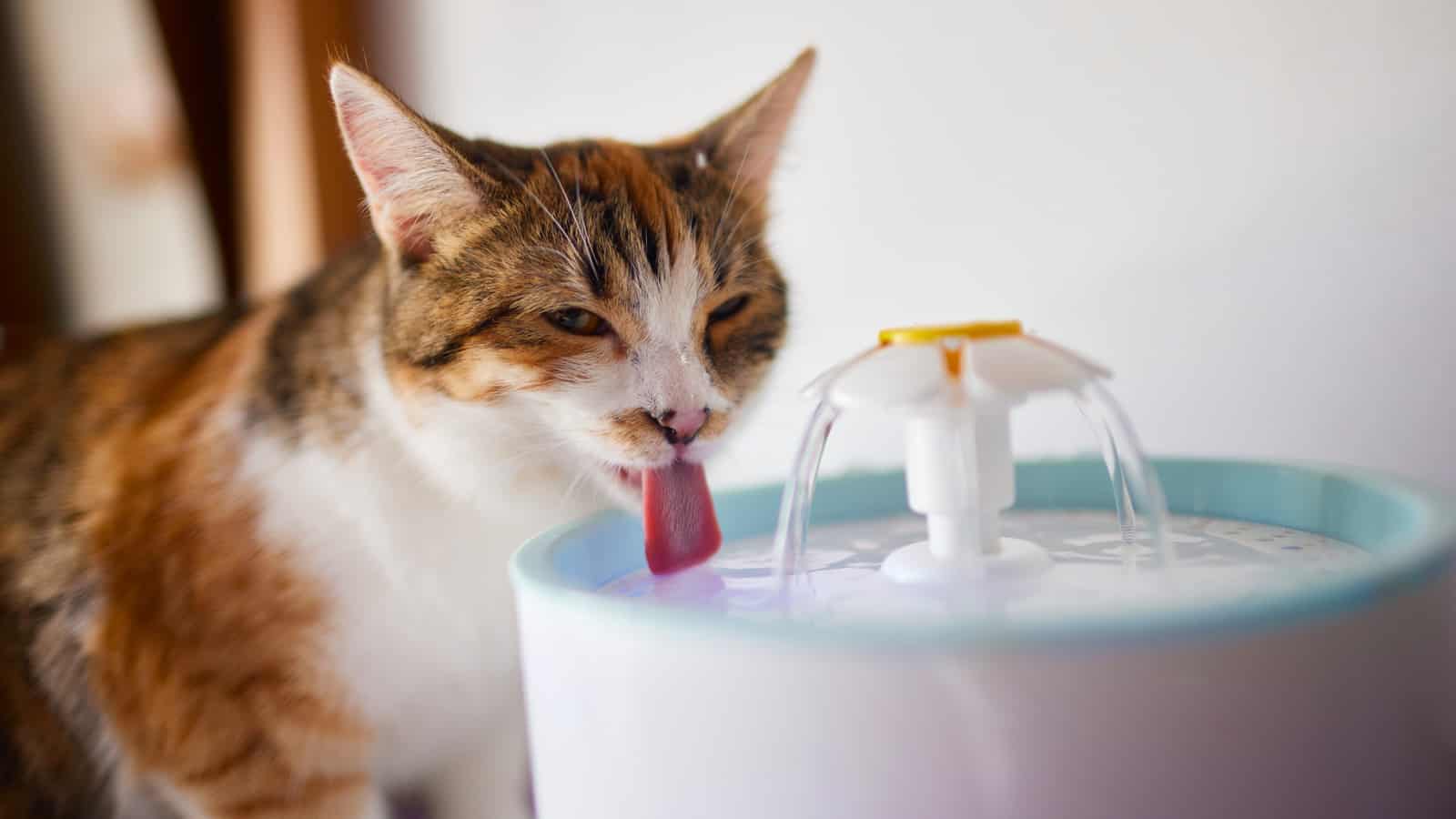
If your cat suddenly stops eating or starts drinking water like there's no tomorrow, it's a red flag.
This could mean anything from toothaches to something serious like kidney disease, which is more common in adult cats. Keep an eye on how much your cat eats and drinks.
Big changes? Time to call the vet.
5. Weight Loss
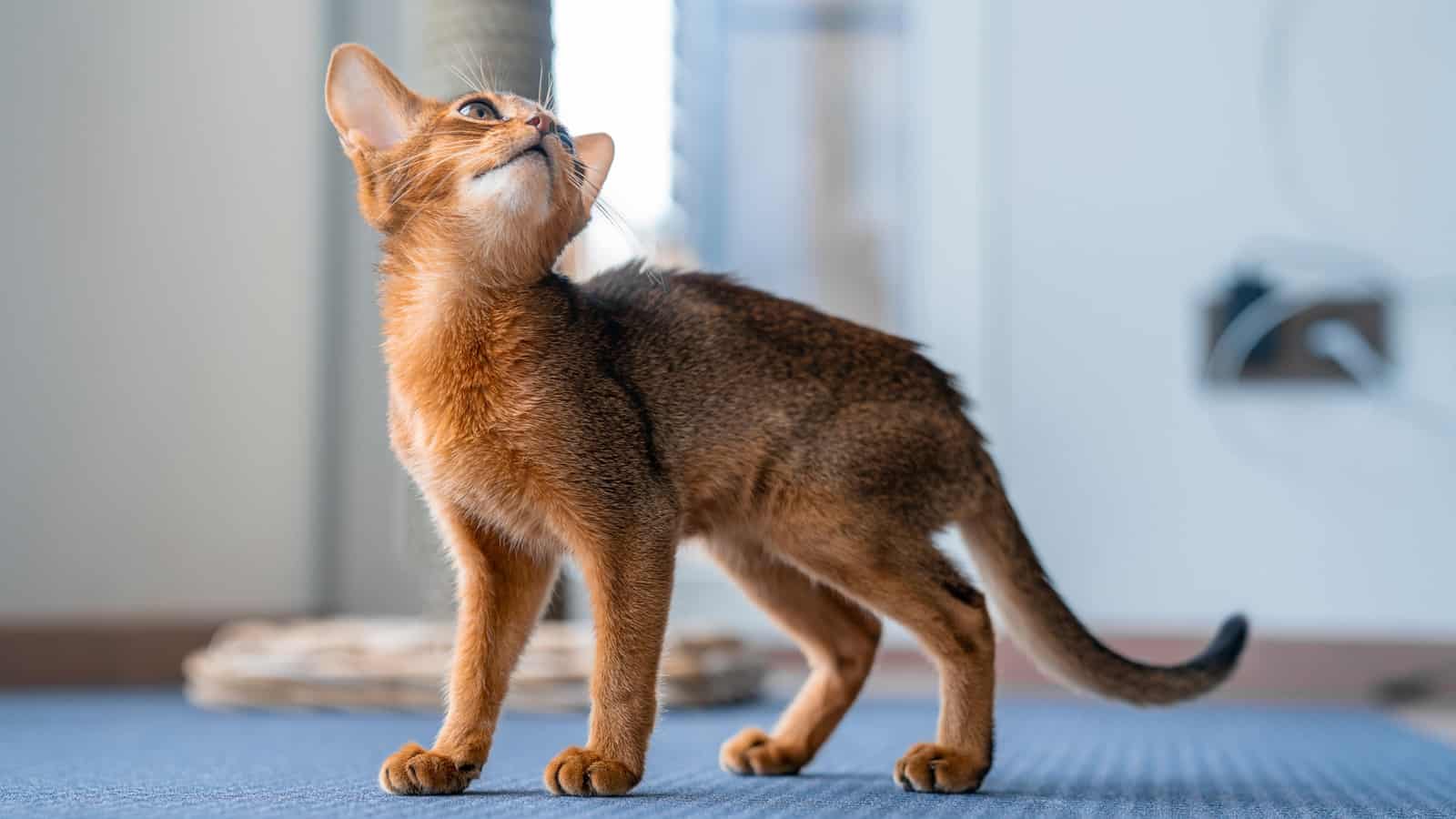
Losing weight fast is a big deal for cats. It could mean thyroid issues, diabetes, or even cancer. So, keeping track of their weight is key. If you notice your cat slimming down quickly, get to the vet.
6. Vocalization
Cats usually vocalize for attention or when in distress. Research suggests that changes in vocalization can be subtle indicators of stress or pain, especially in older cats.
7. Limping or Mobility Issues
Are your cats getting stiff or not jumping around like they used to? It could be joint or muscle pain.
Arthritis is common in older cats, but the vet can help manage it. Keeping an eye on how your cat moves can catch these problems early.
8. Avoidance of Touch
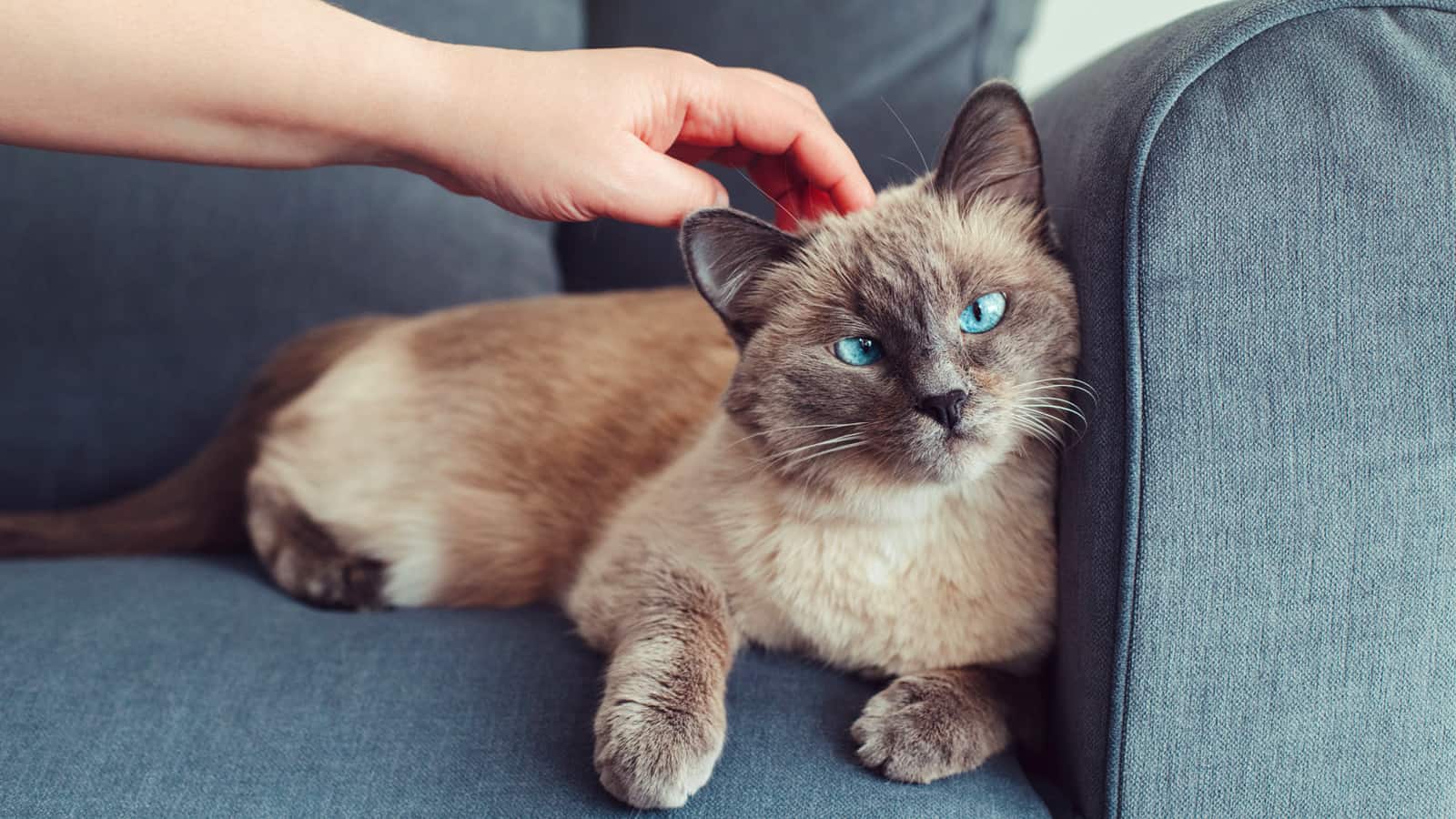
If your usually cuddly cat starts shying away from pets or touch, it's a signal. If they don't want to be touched, it could mean they're hurting somewhere.
9. Changes in Sleeping Patterns
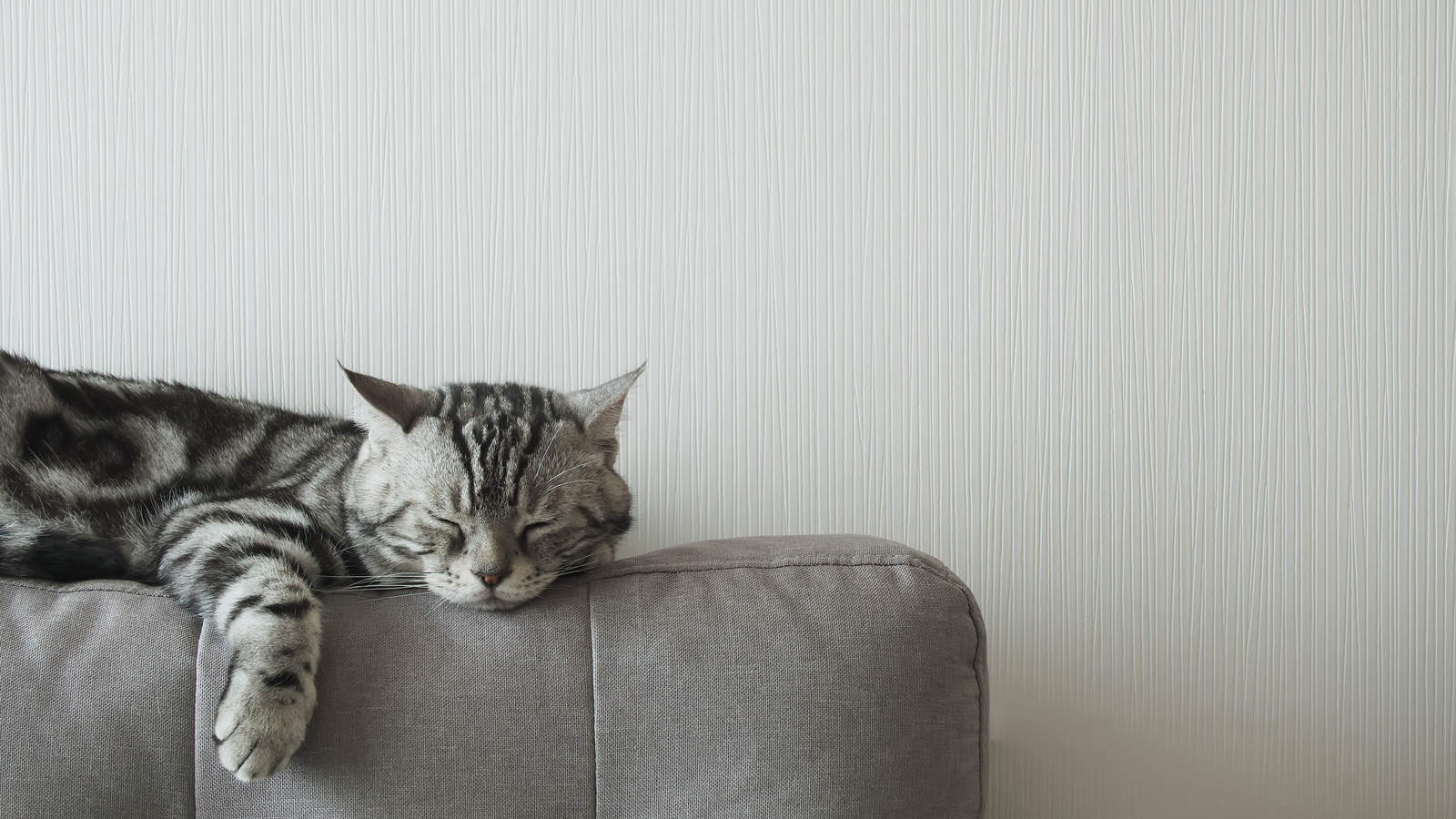
Big changes in a cat’s sleep pattern might indicate underlying issues. Excessive sleeping or restlessness can both be signs of discomfort or illness.
10. Hiding
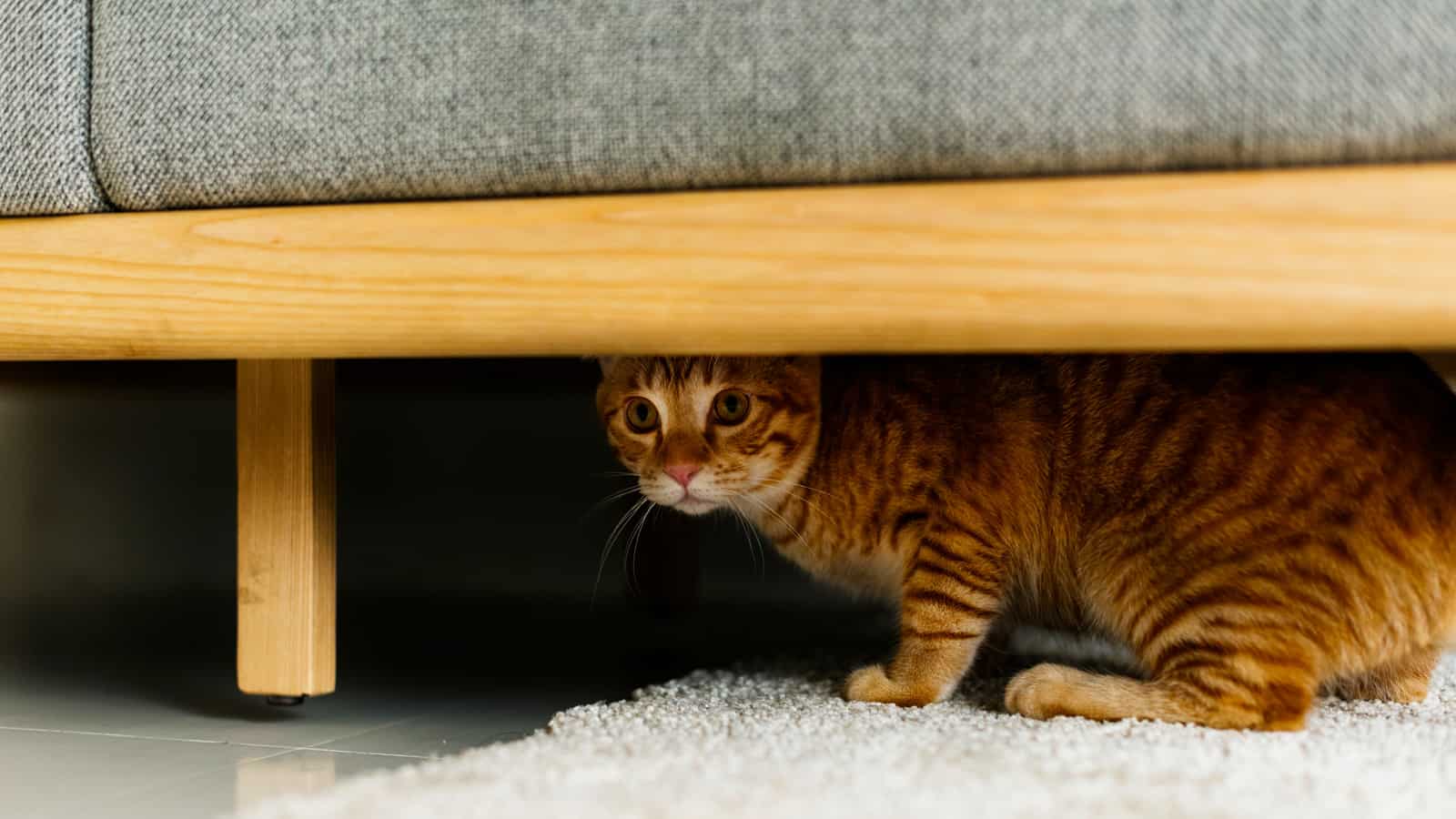
Cats like their alone time, but if they're hiding more than usual, it might be because they're in pain or feeling sick. It's a quiet way they tell us something's wrong.
11. Excessive Panting
Is your cat panting a lot? That's not normal like it is for dogs. It could mean pain, stress, or breathing problems. Something to take seriously and talk to the vet about.
Caring for Your Cat
In the world of cats, figuring out what's going on with them isn't always easy. But you're not alone in this.
Here are some practical tips to help you understand if your cat is in pain and what to do about it:
- Regular vet visits are crucial. If you notice any of these signs, it's best to consult your vet early.
- Make sure your cat's living space is stress-free and comfy. Both their physical and emotional needs matter.
- Keep an eye on their food and weight. A balanced diet is essential for their health.
- Playtime and exercise help prevent joint problems and keep them agile.
- Cats need alone time. If they hide occasionally, give them space while staying aware of big changes.
Your cat relies on you for their well-being. With your love and attention, you can give them a great life.
Trust your gut, and don't hesitate to contact a vet if you're worried about your furry friend. Together, we can make sure your cat stays happy and healthy.
Some elements on this page may have been created by our team using advanced AI to provide you with top-notch cat inspired ideas. Read more about our AI Content Policy.
